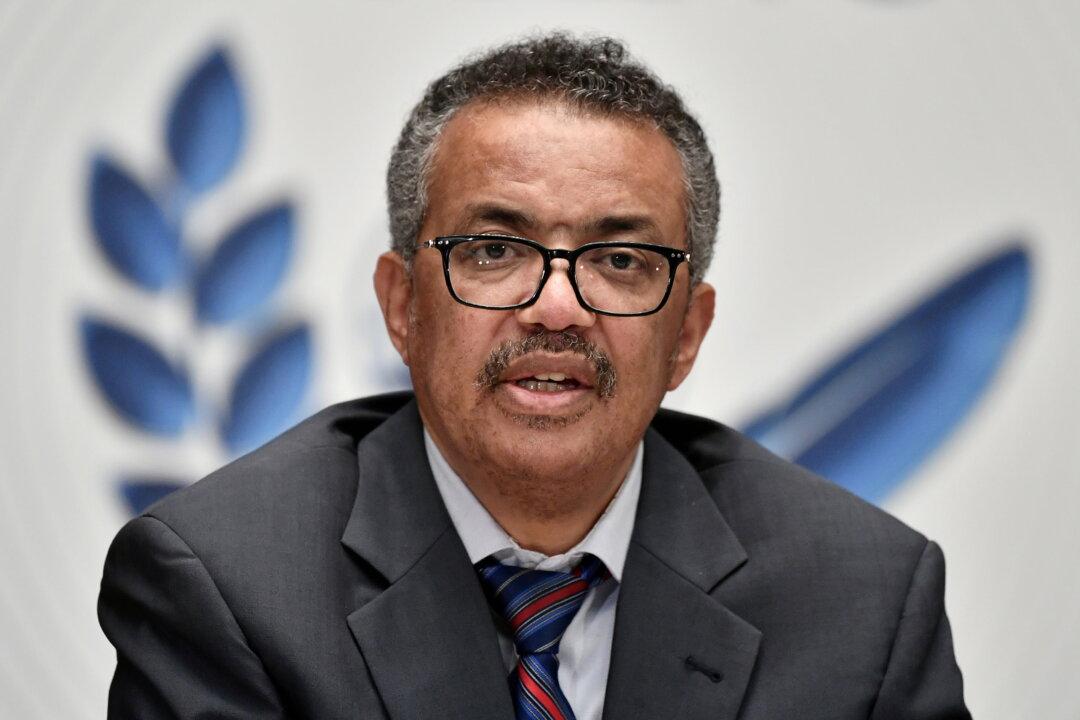The head of the World Health Organization (WHO) has said that the Chinese regime’s zero-COVID policy is “unsustainable,” a rare criticism that was quickly censored on China’s internet.
“When we talk about the zero-COVID strategy, we don’t think that it’s sustainable, considering the behavior of the virus now and what we anticipate in the future,” WHO Director-General Tedros Adhanom Ghebreyesus said at a May 10 media briefing. “We have discussed about this issue with Chinese experts, and we indicated that the approach will not be sustainable. ... I think a shift would be very important.”




